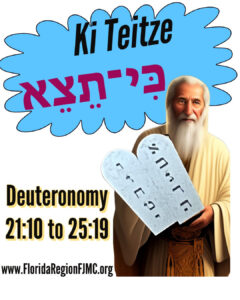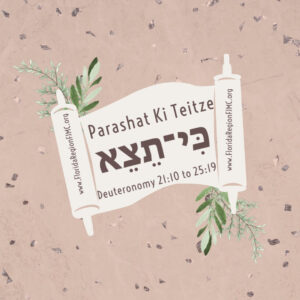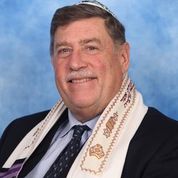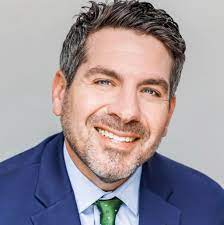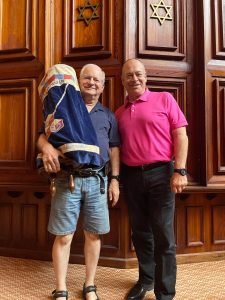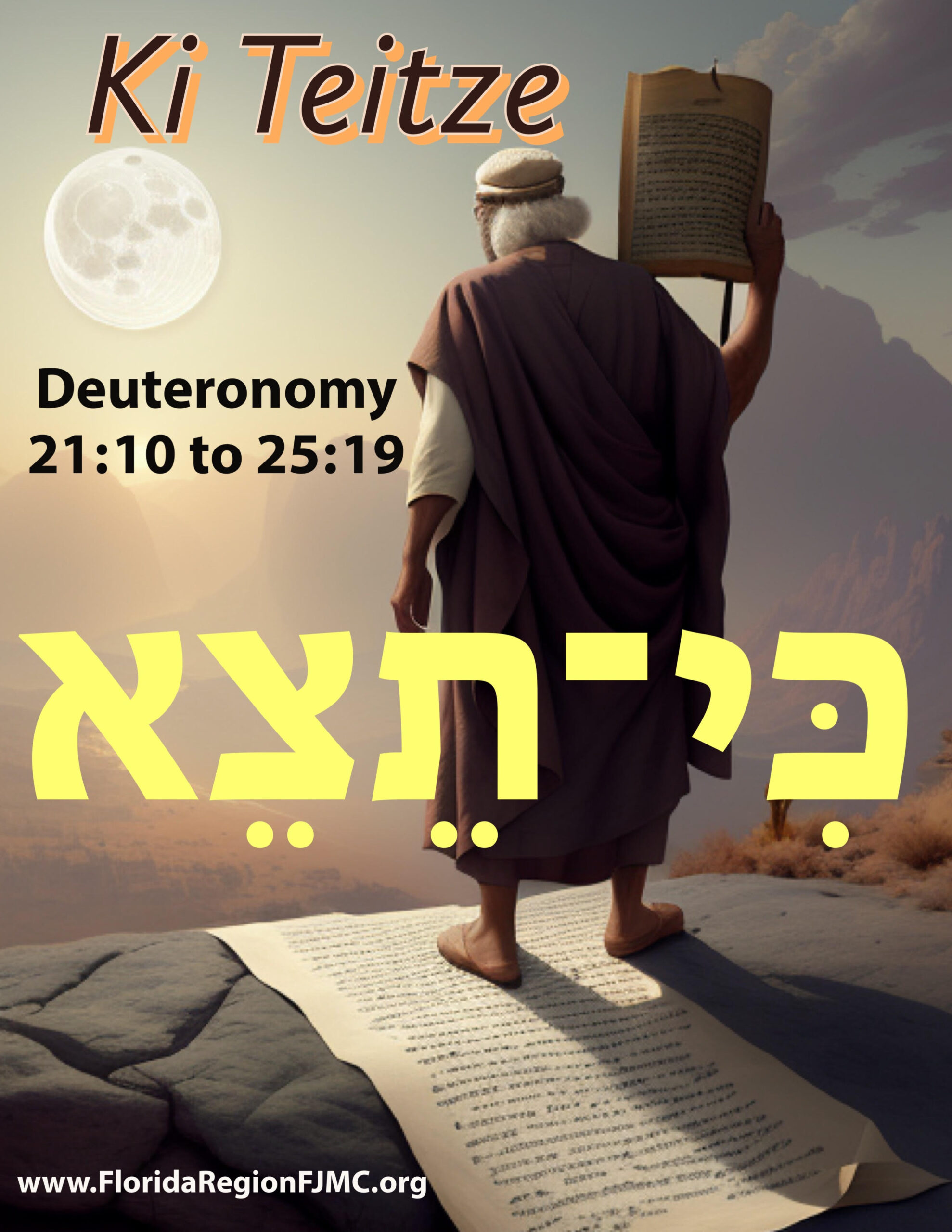
When you Choose Shabbat, you choose to learn that every Shabbat is different and special. This week we read from Parashat Ki Tietze (כִּי־תֵצֵא), the 49th weekly Torah portion in the annual cycle of Torah readings.
According to Wikipedia, Ki Tietze (כִּי־תֵצֵא), Deuteronomy 21:10 through 25:19, contains 5,856 Hebrew letters, 1,582 words, 110 verses and makes up 213 lines of the Torah scroll. Ki Tietze includes a hodgepodge of miscellaneous laws and ordinances regarding the treatment of a captive of war, inheritance among the sons of two wives, the corpse of an executed person, found property, rooftop safety, prohibited mixtures, sexual offenses, membership in the congregation, camp hygiene, runaway slaves, prostitution, usury, vows, gleaning, kidnapping, repossession, prompt payment of wages, vicarious liability, flogging, treatment of domestic animals, weights and measures and wiping out the memory of Amalek, to name a few.
Rabbi Michael D Klein of Temple Torat Emet offers his insights on this week’s Torah reading, Ki Tietze for Shabbat, September 6, 2025 aka 13 Elul 5785:
“Among the myriad laws found in Sedra Ke Tetze, there are many discussions about kindness to animals. We are commanded to not plow with an ox and a donkey together. Obviously, because of their different strengths, it would be cruel to expect the weaker animal to keep pace with the stronger. Many places in the Torah command us to not seethe a kid in its mother’s milk. This is interpreted as kindness to the mother but is also the origin of not eating milk and meat together in the same meal as described in Talmud Hullin. We are commanded to send away the mother bird if we desire its eggs for food. We are also commanded to assist a fallen animal to prevent its pain – known in Hebrew as Tzaar Baalei Chayim as elaborated in Talmud Bava Metzia. We are also required to return a lost animal to its owner to assure its safety. So many laws concerning the health and safety of animals unlike any previous set of laws found in any other culture of its time!
Obviously, Hashem considers these laws as extensions of the early Laws presented to us in Bereishit. Humans are given dominion by G-d over all creation but are expected to treat the world and all its creatures with love and kindness. In our society, cruelty to animals is frequently associated with violence against people. Many criminals who engage in violent acts against others often have a history of brutal acts against animals. Thus, we understand why the Torah so emphatically places kindness to animals among its most important laws and values. A society that treats animals with kindness can also be expected to extend these values to fellow human beings.
My father, Z”L who grew up on a farm in Poland, often commented that his animals were fed before anyone in the family and that during the harsh winter months, the animals were stabled and protected against the elements. These acts of kindness are as much because we depend upon the animals for food and sustenance but that we know they would perish or suffer because of their dependence on us. These Laws given to us repeatedly in the Torah emphasize the kindness that we are committed to and underscore our concern for the all G-d’s creatures whom we mention in the coming weeks in the stories of creation and Noah. May they be a continuing inspiration to all who share the love of animals and care about their welfare.
Questions for Discussion:
- Why are we forbidden to remarry someone we had previously divorced?
- Why are Ammonites and Moabites proselytes prohibited from entering the holy places for 10 generations? Why not Edomites and Egyptians?
- Why is a military camp considered a sacred place?
- Why is the timely payment of just wages to workpeople such an important law?”
Rabbi Michael D. Klein attended Yeshiva College of South Florida and served as Torah Reader, Hebrew teacher, Chazzan and spiritual leader of various synagogues throughout South Florida. In January 2015 he became Ritual Director, Bnai/Bnot Mitzvah instructor and 7th grade Hebrew instructor for Temple Torat Emet of Boynton Beach. In October 2019 he was accepted into an accelerated track and received his smicha from Yeshiva Adath Wolkowisk and has been the Rabbinic leadership of Temple Torat Emet since August 2020. In September of 2022 he was appointed Rabbinic and Spiritual Advisor of the Florida Region of FJMC.
Choose Shabbat; choose to celebrate, to light candles, sing songs and learn a little Torah.
This moment of Jewish Learning is brought to you by the Florida Region of FJMC International (FJMC). We serve the needs of affiliated Men’s Clubs and Brotherhoods throughout the State of Florida. Learn more about the FJMC Florida Region and our growing network of Jewish Men’s Clubs and Brotherhoods at: www.floridaregionfjmc.org and on Facebook at: www.facebook.com/FloridaRegionFJMC.
FJMC International is a confederation of over 200 Jewish Men’s Clubs and Brotherhoods representing members throughout the United States, Canada, Latin America, and beyond. Learn how YOUR Jewish Men’s Club or Brotherhood can affiliate with the FJMC at: https://fjmc.org/for-clubs/affiliating-with-the-fjmc/.

